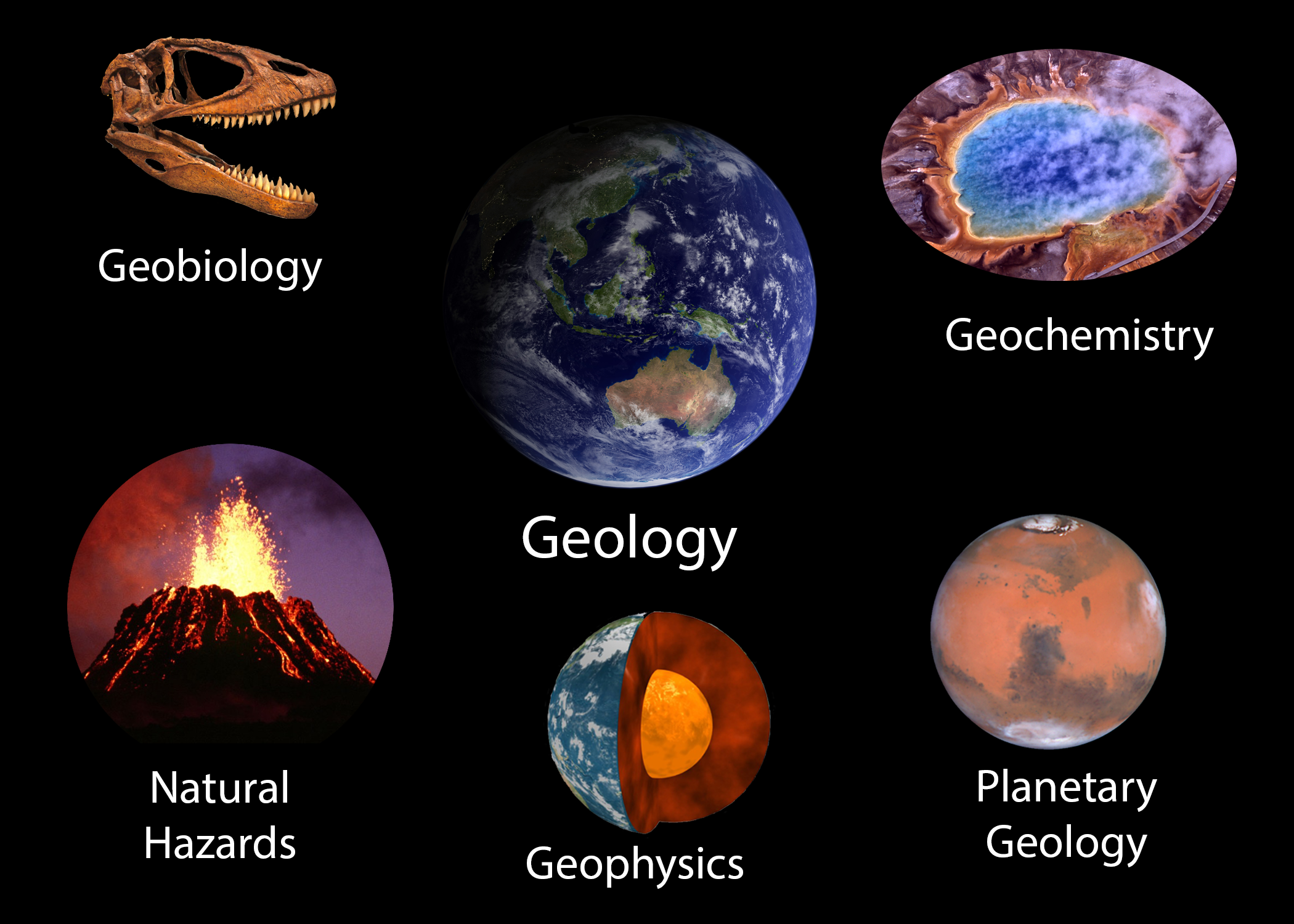
Introduction
Geology is the scientific study of the Earth, the materials it is composed of, the structure of those materials, and the processes acting upon them. It is a broad field spanning subjects from the microscopic study of rock-forming minerals to the large-scale processes that have shaped the face of our planet over billions of years. At its core, geology aims to understand the forces that have sculpted our dynamic planet, both in the present day and through the vast depths of geological time.
The solid Earth consists of several key layers - the rigid outer crust, the thick, slowly deforming mantle, and the dense, metallic core. The crust itself is composed of continental and oceanic sections, each with distinct composition and origins. Continents are made up of less dense felsic rocks like granite, while oceanic crust consists of denser mafic rocks like basalt. These distinctions arise from processes deep within the Earth's interior, where heat drives convection currents in the plastic mantle, causing continental drift and seafloor spreading at plate boundaries.
Determining the rich history embedded in rocks relies on careful observation and analysis. Geologists utilize field observations, geophysical and geochemical data, and laboratory techniques to characterize rocks and minerals and decipher their origins. Examining textures, fossils, radiometric ages, and geochemical fingerprints reveals conditions from deep time. From erupting volcanoes to uplifting mountain ranges, many geological processes active today shaped the ancient rock record as well.
Understanding Earth's geological systems and evolution has far-reaching applications. Geology ensures sustainable resource extraction, guides infrastructure projects by mapping subsurface structures, evaluates natural hazards like earthquakes and landslides, and drives exploration of fossil energy resources and mineral deposits. Ultimately, the study of geology underpins our comprehension of how our planet operates and provides perspective on the unimaginable timescales over which it has evolved.
- معلم: Mahrez Boulabeiz